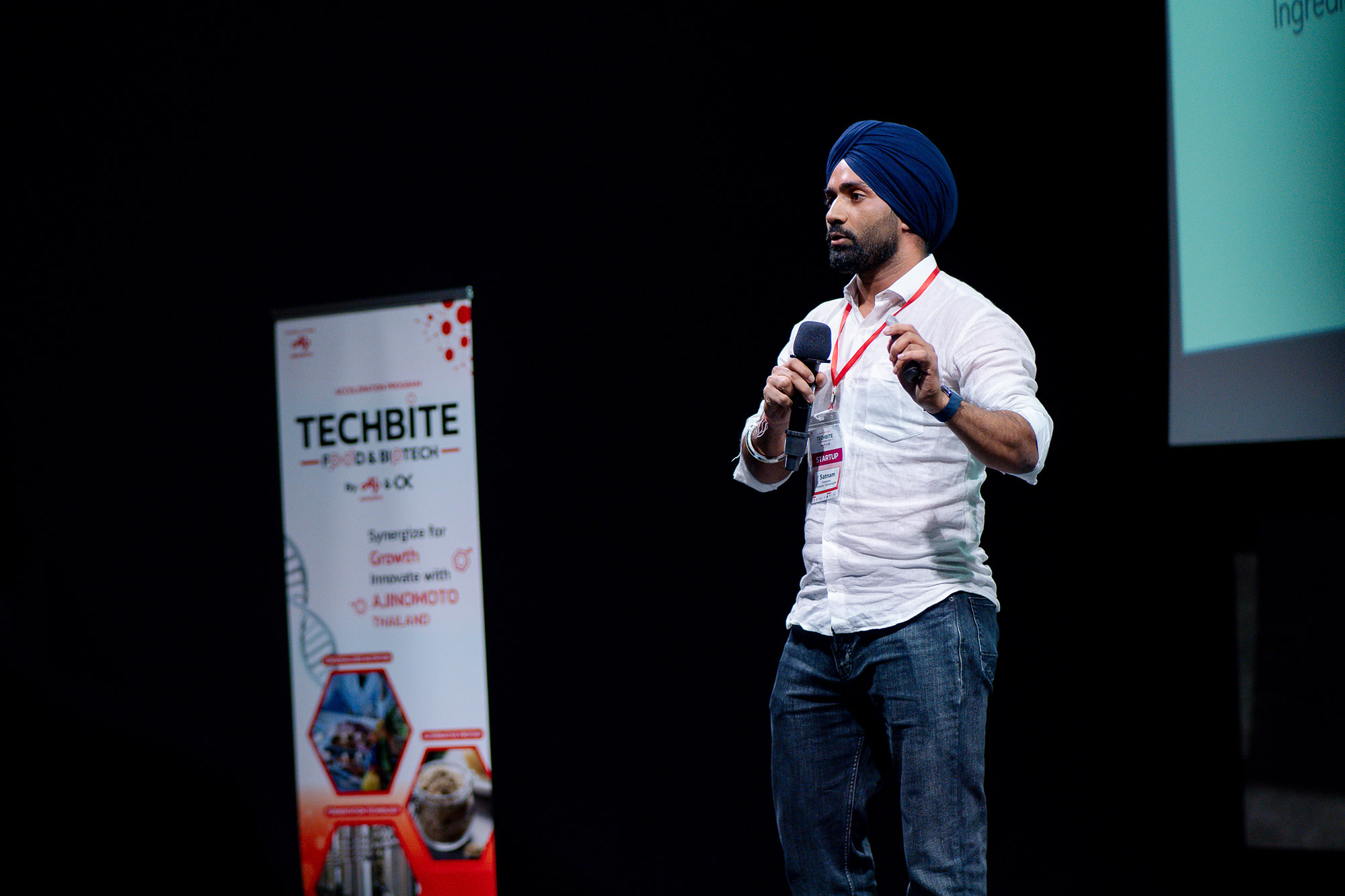
-1-1.jpg)
IGD launches framework to accelerate healthier, more sustainable diets across the UK
Industry group IGD has unveiled a new framework designed to help organizations move consumer diets closer to the UK government’s Eatwell Guide. The guidance, called the Framework for Population Diet Change, sets out seven practical levers that companies can use across their operations to accelerate healthier and more sustainable eating habits while supporting commercial growth.
The Eatwell Guide serves as the foundation for healthier, balanced diets in the UK, incorporating nutrition and sustainability considerations. Yet progress remains limited. According to the latest National Diet and Nutrition Survey, fewer than 0.1% of UK adults currently meet all the recommendations it sets out.
“People want to eat more healthily and sustainably, but it is too costly, complex and inconvenient in today’s food system,” says Kirsty Saddler, Director of Health and Sustainability Programmes at IGD. “Many of the solutions for change exist in our industry but are not employed in sufficiently consistent or integrated ways across organizations to turn the tide. System-wide change is needed and the seven practical levers set out in our framework are proven to work by leading organizations across the food sector.”
The framework emphasizes that linking health and sustainability is key to transforming diets and mitigating risks that threaten the industry’s future. These include rising healthcare costs, workplace sickness, climate-related disruption, and barriers faced by consumers in accessing affordable, nutritious options.
Shifting to healthier and more sustainable diets has the potential to ease the strain on the UK’s health service and workforce. Productivity losses linked to diet-related chronic diseases already cost the economy an estimated £116 billion (US$141 billion). At the same time, aligning diets more closely with sustainability goals could cut food-related greenhouse gas emissions by around 30%, according to the Net Zero Transition Plan for the UK Food System. The food sector as a whole is responsible for about 30% of the country’s emissions.
To address these challenges, IGD’s framework outlines seven levers that businesses can use to embed change across their organizations. They include reframing dietary change as a growth opportunity, building nutrition and sustainability into data and decision-making, strengthening farm-to-fork supply chain partnerships, and using innovation to balance health and environmental considerations with margins. Other levers focus on nudging consumers towards healthier purchases through marketing and retail placement, and aligning company efforts with sector-wide policy initiatives.
Each lever is supported by real-world case studies from organizations already making measurable progress. IGD hopes that by sharing practical examples, businesses across the sector will see both the commercial and societal value in adopting healthier, more sustainable practices.
“Our aim is to provide businesses with a consistent, practical and strategic approach for long-term progress,” Saddler says. “We will continue to develop the framework to inform change for the health of the population, businesses and planet.”
The launch underscores IGD’s role as a neutral convener in the food and grocery sector. The charity brings together stakeholders from across the supply chain to foster alignment on shared goals. By publishing evidence-based insights and facilitating collaboration, IGD seeks to guide businesses toward decisions that benefit both their operations and wider society.
At the heart of the framework is a recognition that dietary change can be a commercial opportunity rather than a threat. Healthier baskets, IGD argues, can drive business growth while also reducing pressure on the NHS and lowering workplace costs tied to poor diets. By embedding nutrition and sustainability into governance structures, KPIs, and cross-functional teams, companies can make healthier and more sustainable diets a mainstream part of their strategy.
The report positions innovation as another critical factor, urging companies to consider health and environmental impacts alongside profitability when developing products and technologies. From reformulation to next-generation solutions, IGD argues that businesses can differentiate themselves while helping consumers make better choices.
Consumer engagement is also a major focus. The framework highlights opportunities to use placement, promotions, and digital marketing to nudge shoppers toward healthier, more sustainable purchases. IGD stresses that many of the barriers consumers face are structural rather than attitudinal: while people express a desire to eat better, affordability and convenience remain persistent obstacles.
By setting out a clear framework backed by industry case studies, IGD hopes to inspire businesses to view dietary change as both a moral imperative and a route to long-term resilience. The organization’s latest guidance builds on its long-standing commitment to convening the sector on complex challenges, including nutrition, sustainability, and the transition to net zero.
For businesses, the message is clear: aligning strategy with the Eatwell Guide and the seven levers outlined by IGD is not just about public health or sustainability—it is also about seizing opportunities for growth in a changing marketplace.
The full report, Framework for Population Diet Change, including detailed case studies for each lever, is available on IGD’s website.
If you have any questions or would like to get in touch with us, please email info@futureofproteinproduction.com






